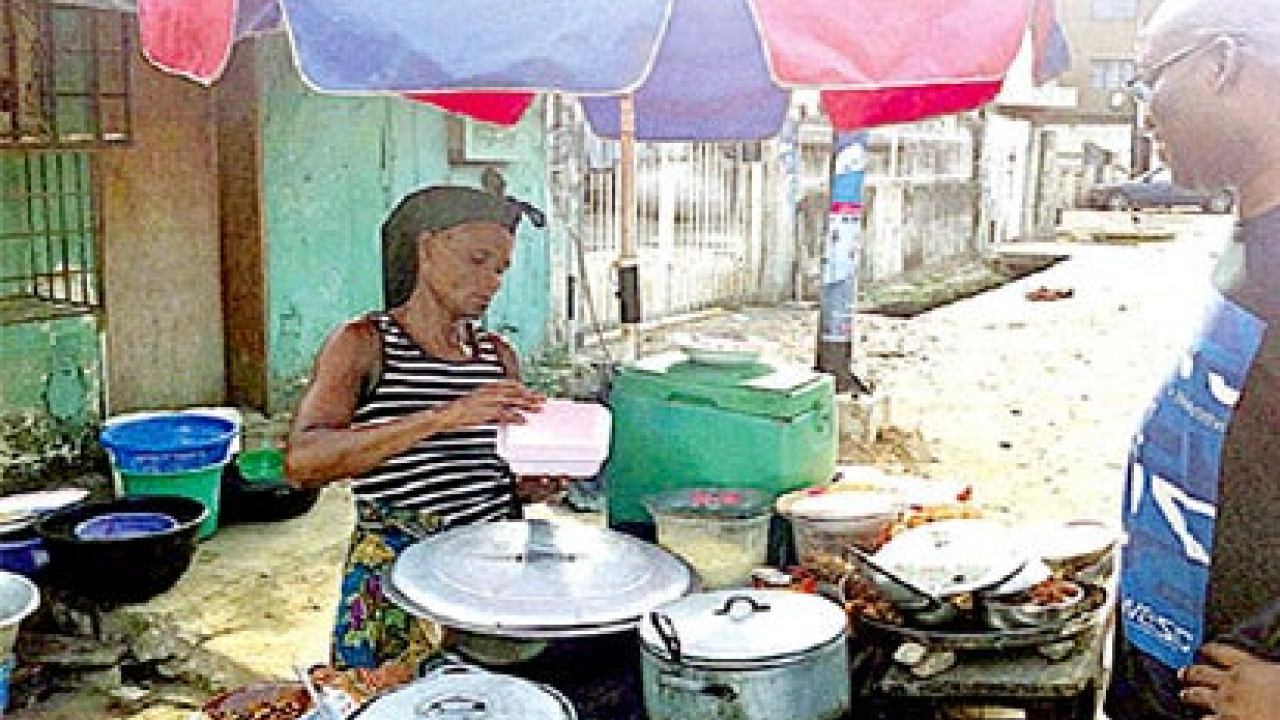The outbreak of a killer disease called ‘Gastroenteritis‘ also known as stomach flu is said to have started in Mid-October in local government areas like Surulere, Mushin and so on in Lagos state.

Reports state that at least eleven persons out of 400 recorded cases of stomach flu in Lagos state has been confirmed dead in the last few weeks.
This flu is gradually becoming an epidemic in Nigeria as more cases are recorded daily.
WHAT IS GASTROENTERITIS?
Gastroenteritis is an intestinal infection(inflammation of the stomach and intestines) as a result of bacterial toxins or viruses in the body digestive system. The disease is typically spread by contact with infected persons, contaminated food or fluids such as water.

Symptoms of the disease includes dehydration, diarrhea, indigestion, stomach cramps and also vomiting and also some symptoms which one may pay less attention to like loss of appetite, fast heart rate weight loss, insufficient urine production, light headiness, aching limbs, stomach ache and also incessant belching.
All these symptoms do not however happen at the same time and that is why after self-diagnosis of any of the above, it is advisable to visit an health center for body examinations.
WHAT YOU SHOULD KNOW
Children below 5 years who are the most vulnerable and possess a ‘baby’ immune system, regular customers of food vendors are at high risk of contracting this disease as children could come in contact with contaminated objects in school playgrounds, parks etc. which may be infected with rotavirus or other germs that causes gastroenteritis.

Rotavirus is the most common virus causing gastroenteritis in children, it starts from a mild tummy upset for a day or two with some mild diarrhea, to severe diarrhea and being sick (vomiting) for several days or longer.
Parents are advised to pay close attention to their children’s health because most Nigerian parents take stomach upset as consequences of the child eating too much junk which may not always be.
They are also advised to to take their children for regular checkups for their temperature and heart rate and examination of the child abdomen to look for any tenderness.
Over time purchase of meals from food vendors has always been posed as a risk of food poisoning and how one can contract food borne diseases. Some food vendors are believed to be quite untidy in preparation of the food they sell and some of them sell their food in unhealthy places.

Talking about unhealthy places, a dirty environment also contributes to the widespread of stomach flu. Imagine a restaurant near a drainage overflowing with dirt, yes the dirt may not be anywhere close to where the food is being prepared, but pipes that run water into the restaurant used for cooking beneath the ground are very much close and the water could get contaminated.
It is also believed that the incessant rain fall in Lagos could also be a contribution to the widespread of gastroenteritis as the gutters near homes, eateries, schools, hospitals and other buildings are always filled with dirt washed off from the streets coming in contact with boreholes in such buildings.
The rampage of this disease is a threat to a declining population in Lagos, below are ways to avoid being infected and things to do when infected,
Consistent environmental sanitation and instilling of personal hygiene in children at schools and homes, washing hands regularly, vaccination of infants against rotavirus are ways to avoid being infected.
In cases where a person has already being infected it is important that the person gets plenty of rest and stay at home or the hospital to avoid infecting other people, also
1. Stay hydrated( drink plenty of clean water)
2. Get plenty of rest
3. Avoid foods that are spicy, sugary, or fatty or dairy products which might irritate the the gastrointestinal tract and increase symptoms. In cases of mild gastroenteritis, consumption of nutritious foods like fresh vegetables, fruits, lean meats, rice and low fat yogurt to help provide the body with the sustenance it needs to heal.
4. Get medical help if symptoms are severe


